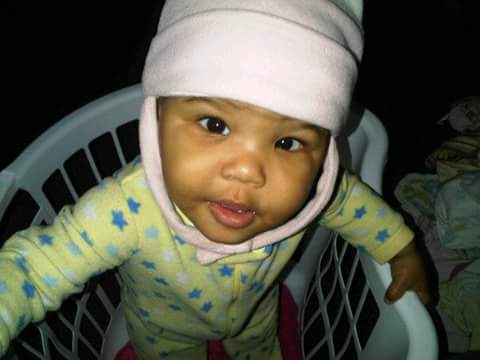The Majority of American Babies Are Now Minorities

By:
The future of the U.S. is here and they can't talk, speak, or feed themselves. For the first time in American history, the slight majority of U.S. babies are ethnic and racial minorities, according to the Pew Research Center.
 Christina Petit
Christina Petit
Based on U.S. Census Bureau estimates, 50.2 percent of babies less than a year old before July 1 will be minorities.
There are 1,995,102 minority babies and 1,982,936 white babies under a year old, according to the census estimates.
In a strange tongue-twister, collectively, minorities are the majority in the baby world, and a significant factor is the immigration of non-whites.
The news caused some xenophobic backlash on Twitter.
Latinos are the biggest ethnic minority in the U.S., according to the U.S. Census.
The common definition of race and the way people view their own race could change with the times, Pew researchers Jeffrey Passel and D'Vera Cohn wrote in 2008.
"In reality, the growing numbers of births to parents of different racial and ethnic groups, as well as changing social norms about racial and ethnic self-identification, are serving to blur the boundaries of racial/ethnic categories," they wrote.
White people as a single race are still the major racial group in the U.S. at 77 percent, according to 2015 data by the U.S. Census.
Here are the numbers for minorities:
- People who identify as only Black make up 13 percent of Americans.
- Native Americans make up 1.2 percent of the U.S. population.
- Asian Americans make up 5.6 percent of the population.
- People who identify as Latino make up 17 percent of Americans.
- People who identify as two or more races constitute 2.6 percent of Americans.
However, these numbers could be misleading because of how people identify themselves.
Some people who are actually mixed race may identify as only one race on the U.S. Census. Also, the Latino ethnic group is a mix of races. Many people who fall under that category could identify as one other race, multiple races, or only choose to identify as Latino. The U.S. Census tries to make that distinction clear on its website.
"Hispanic origin can be viewed as the heritage, nationality, lineage, or country of birth of the person or the person’s parents or ancestors before arriving in the United States. People who identify as Hispanic, Latino, or Spanish may be any race." - U.S. Census Bureau
